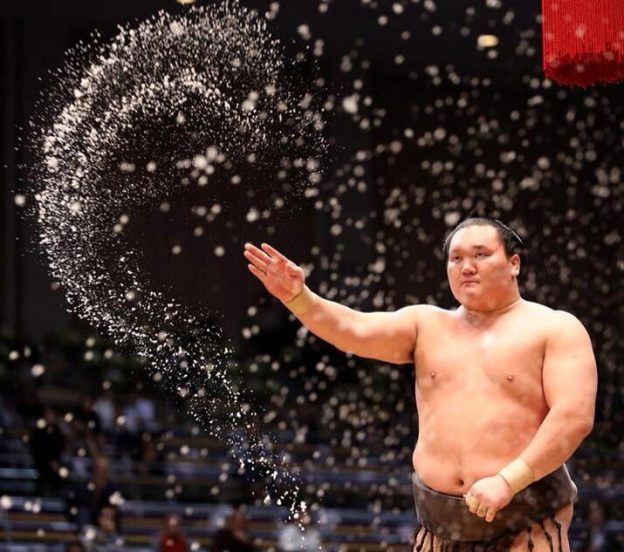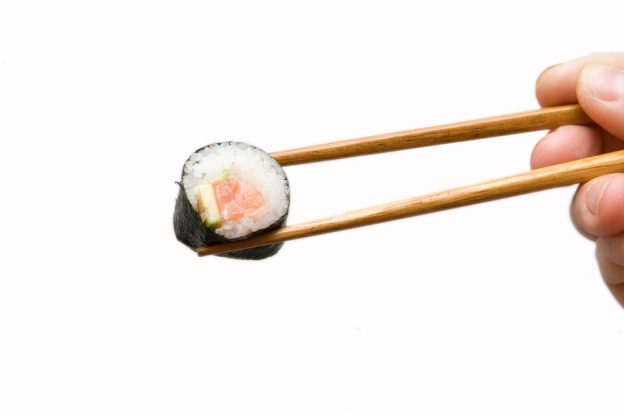Title: Cleansing with Salt
General Information about Item:
- Genre and Sub Genre
- Customary Folklore: Rituals, Traditions
- Language: English
- Country where Item is from: Japan
Informant Data:
Emi is a freshman (’21) at Dartmouth College. Her father is Japanese and her mother is Thai. She is an international student from Chiang Mai in Northern Thailand. She identifies herself as more culturally Thai, having grown up there, but still considers being Japanese to be an important part of her identity. She is fluent in Thai and is learning Japanese at Dartmouth.
Contextual Data:
- Social Context: Emi learned about this superstition/practice by observing her father do it while growing up.
- Cultural Context: Emi’s father is a Japanese emigrant who settled in Thailand, bringing his cultural beliefs and superstitions with him. It appears that this particular superstition is symbolic.
Item:
- Preventing Bad Luck: Throw salt unto oneself to ward off malevolent spirits when you return home from a funeral.
Associated file (a video, audio, or image file):
Transcript of Associated File:
Informant: “When my dad comes [back home] from funerals we always have to prepare a packet of salt or a mound of salt outside the door for him and what he does is he takes that salt and sprinkles it on his shoulders or over his shoulders because he’s getting rid of the bad spirits. When you go to a funeral and you come back home the spirit might follow you and by just throwing the salt on your body you’re telling the spirit not to come in. So yeah, that’s what he always does with funerals and stuff.”
Informant’s Comments:
- Emi notes that this is something her dad regularly practices and is more a Japanese superstition than Thai. Post-interview she also notes that salt has cleansing or “pure” properties to it.
Collector’s Comments:
- This seems like another symbolic superstition. Salt seems like a logical choice as it is white, which many might associate with purity, and because it has historically been used as a preservative to keep food from rotting, particularly with meats.
Collector’s Name: Natt Chan
Tags/Keywords:
- Superstition/Bad Luck/Japan/Salt/Spirits




